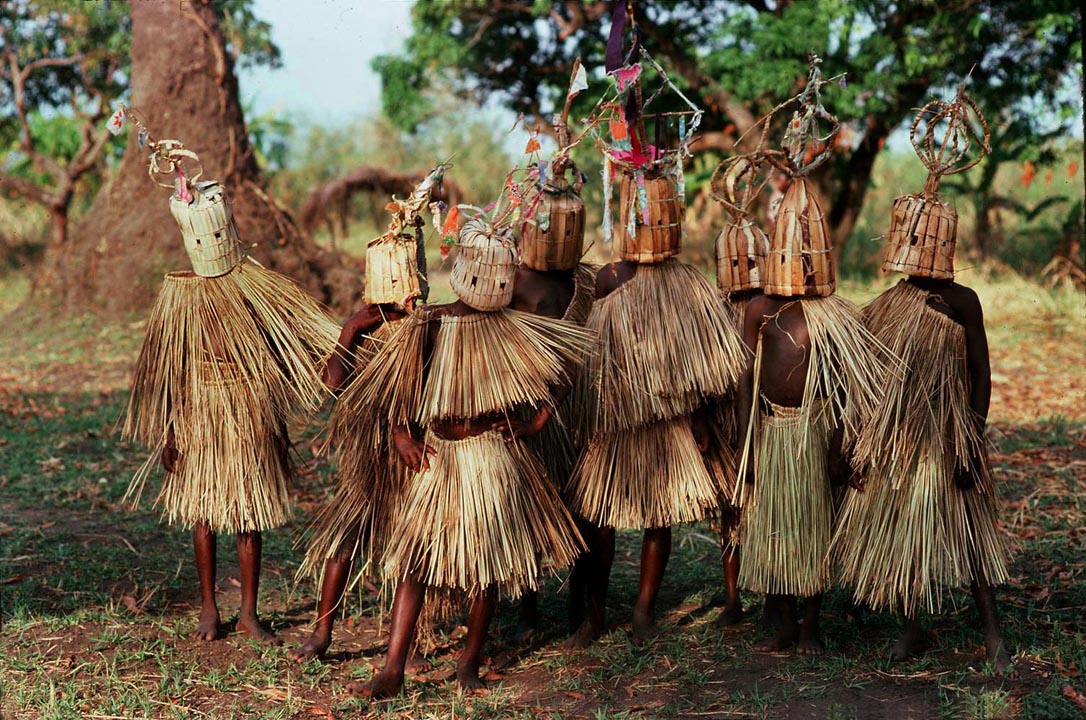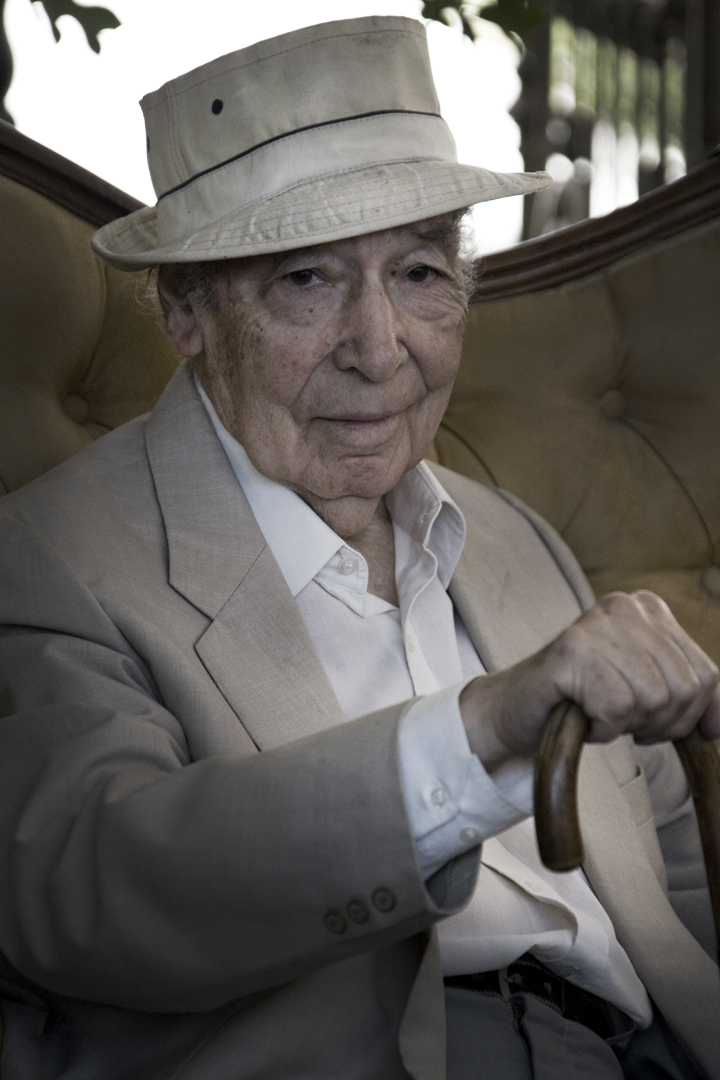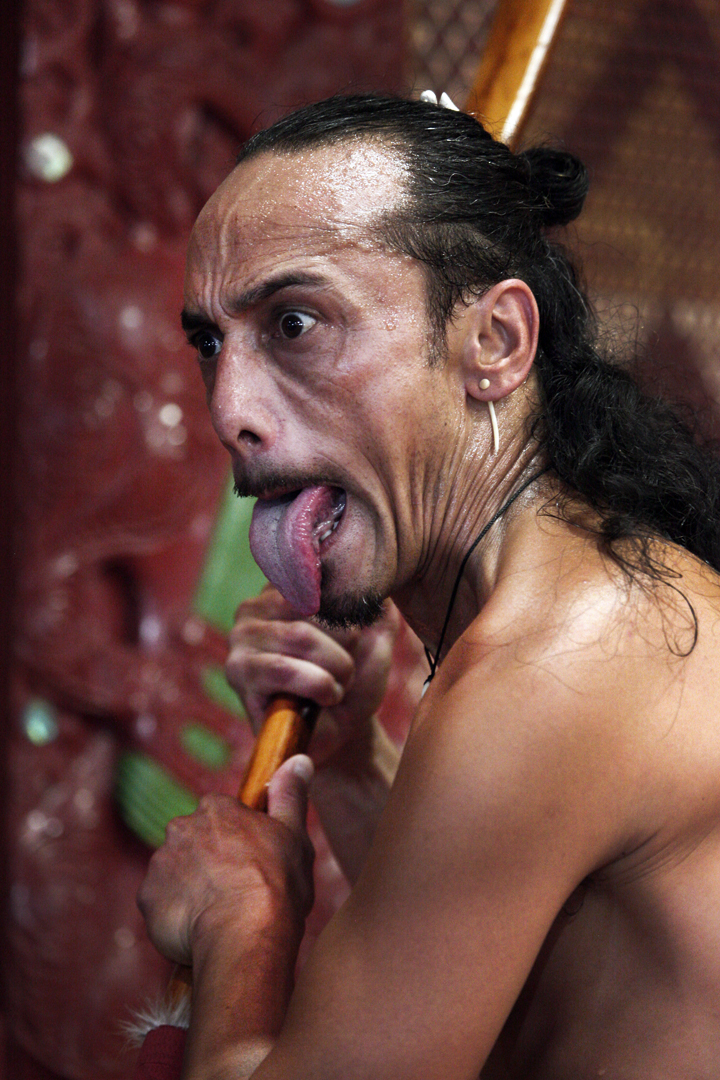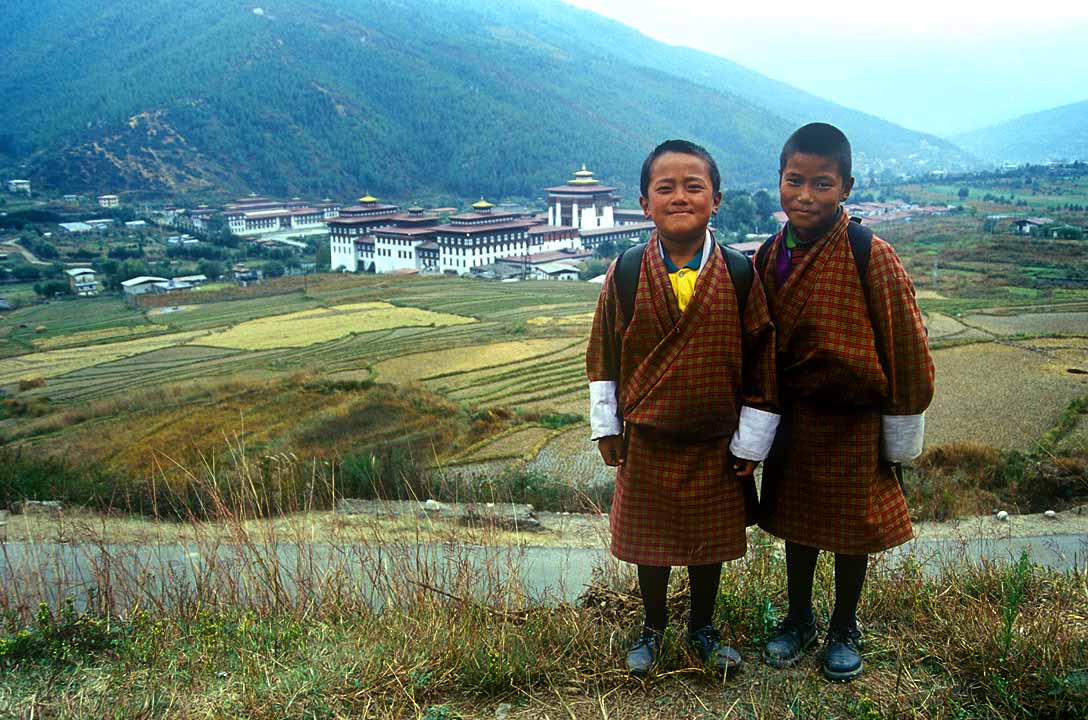When you meet him in person, Steve Evans is a little like Clark Kent or Peter Parker. Intelligent. Mild-mannered. Unassuming. A reporter. You probably wouldn’t notice him in a crowd. But, spend any amount of time with him and the facade quickly unravels.
I met Steve sixteen years ago in Africa on a family ‘vacation’ (my family, not his). We were on a two week outreach trip with a bunch of South Africans, or Afrikaaners, to some villages in Mozambique. Steve was one of the only Americans besides us, and he and my parents hit it off right away. They’ve been friends ever since, and for the past decade co-conspirators in teaching the world the value of storytelling in communicating more effectively with oral, non-literate cultures.
Steve is a cultural researcher, communications specialist, and world-class photographer. He has posted over 2,500 photos to Flickr, each one better than the last. He travels extensively and (as of April, 2018) is currently based out of Kinshasa, in the Democratic Republic of Congo in Central Africa. I interviewed him over Facebook, and he told me after spending three hours answering my questions he hit the wrong key and lost it all. Fortunately he was willing to start over.
I’m going to start with a killer. As simply as possible, how would you state your personal mission or vision in life?
Ever since my university days a sentiment of the apostle Paul has been core with me. In his writings he said that no matter what condition he found himself in – rich or poor, safe or in danger – he was content. I want that for me as well – no matter what the circumstances of life are, to be content.
Since then, however, I’ve added another. This came to me from a book called ‘Improving Your Serve’ by Charles Swindoll, and it’s really impacted my life. In the book Swindoll reminds us that the Bible teaches our purpose should be to be like Christ, and, if so, Christ came not to be served but to serve and give his life for others. I too want to serve and give my life for the benefit of others.
What does your work entail? You probably don’t have anything like an average day at the office, so can you tell us about a recent week in your life, what it looked like and what you were working on?

Wow. My life is so hectic. But it’s good and I love it. Take the last few months for example. I just finished serving as photo and video manager for Cape Town 2010: The Third Lausanne Congress on World Evangelization. This happens every ten years or so, and it was a thrill for me to head up a team of about 25 photographers and videographers to visually tell the story and document this monumental and historical event.
Prior to Cape Town, between brief and sporadic stays at home, I did three story coverages: one in the rainforest of Madagascar, one on an Arab dhow in the Indian Ocean off the coast of Mozambique, and one in South Africa where a small town is being devastated by HIV/AIDS. I did the writing and photography for these stories and had videographers along with me to capture the stories on video.
In addition to this I head up two very creative teams – one in Johannesburg and one in Nairobi. They consist of writers, photographers, videographers, graphic designers, and consultants in the area of the creative arts; music, art, drama, storytelling, etc. These teams create story packages like the ones I’ve just described which are distributed around the world through various channels. One of our major distribution channels is our own magazine and website called Africa Stories. By the way, a lot of my work is published under a pseudonym, so it would be difficult to find my name attached to it.
On your Flickr profile, you give your location as ‘Citizen of the World’? Did you always know travel would permeate so much of your work and life?

Before I started serving overseas as a communications specialist I never dreamed I would be traveling the globe as I have. It’s hard for me to believe that my work has taken me to about 90 countries. That’s amazing! Some of it has been because of my role as a journalist, but much of it is due to another specialty and passion of mine and that is in the area of oral communication. Four billion of our world’s population can’t, won’t, or don’t use reading and writing to communicate, so I work with multiple agencies around the world in helping them become better communicators within a local cultural context. That has been very rewarding and fulfilling, and it too has allowed me to see much of the world and experience many different cultures.
When did your fascination with photography first kick in? Did you know right away you had a talent for it? Has it always played a big part in your work?
As a kid I grew up with a camera in my hand, but I never considered myself a photographer and never dreamed I would become one. It was during my university days, however, that I developed a passion for photography. While I was studying journalism I worked for the local newspaper proofing copy on Saturday nights for the Sunday edition. One night the sports editor shoved a camera in my hand saying his photographer didn’t show up and he needed me to go and shoot high school football games. It was then that my love affair with photography began.
After graduation my first job was as a photographer, working for a company called Southwest Films Associates. They had contracts with the U.S. military and I became a civilian photographer for the Air Force. It was quite a learning experience for me! After doing that for a few years, I was asked to be director of public relations at a small university in Texas, and that too involved photography to a minor extent. After a few years of that my wife and I went overseas and I carried my camera with me. My photography experiences and opportunities took off from there.
It doesn’t take long to realize 99% of your photographs are of people, and especially faces. Is that because of your work, or have you always been drawn more in your photography to people than say landscapes or buildings or animals?

I wish I could take great landscape, scenic, and fine arts photographs, but I can’t. At the same time I have a deep love for peoples and their cultures, and I guess that is reflected in my images. I guess it’s a way I can serve them. It’s been said every person in the world has the need to be acknowledged, and in one way I feel my photography does that – it acknowledges people and recognizes them – whether rich or poor, whether succeeding or down-and-out – all within their cultural contexts. I hope and pray that my images never exploit people but give them dignity. When I take images, I always aim to capture that unique look in the eyes or expression on the face that says, ‘This is me. This is who I am.’
You’ve licensed many, if not all of your photographs under a Creative Commons license (a much less restrictive form of licensing intellectual property than copyright, allowing the freedom to share and modify work, depending on the specific license). Was it an easy decision for you to do that? Have you had any resistance from people telling you you should be selling your photos instead of giving them away for free?
I have had people tell me I should sell my images, but I am very uncomfortable with that. Part of the reason is that I have a salary and am provided for, so I don’t need to sell photos to make a living. I have a great sense of satisfaction knowing that I can give my work non-commercially and for non-profit for the benefit of others. I am amazed that when a Google Images search is done using my Flickr name (babasteve) literally thousands of hits come up showing that my photos are being used extensively.
Internationally acclaimed universities, publishing houses, government and non-government agencies, humanitarian organizations, religious and missions groups, as well as hundreds of small businesses have used my photos. That’s very rewarding. Just today I sent a dozen images to an exhibit in the U.S. that will sell the images and use the funds for missions causes. That’s neat. I’ve been involved in two other exhibits – one in Cyprus and a major one in Brazil – and that’s been cool as well.
How has the internet affected and even reshaped your life, work, and photography?

Two technologies, in fact, have redefined photography and photographers – the internet, and digital cameras and photo processing.
The internet has provided a platform for photographers of all kinds, offering exposure and access to their works that would have been impossible even ten years ago. There is so much talent out there, and now it can be seen and appreciated. Photographic communities have sprung up online and this is tremendous. Just by putting images out there and having others see them drives one toward excellence, so the pool of photography literally improves day by day.
Digital cameras and digital processing have made photography affordable, so everyone and anyone can do it. All of this applies to me.
To me, your life represents almost the epitome of the three qualities OCSPLORA cares about most: adventure, creativity, and generosity. For all of us in our twenties and thirties who are scared of missing out on all the adventure out there waiting for us, or the untapped creativity laying dormant inside us, or that we won’t be as generous as we could be with what we have, do you have any advice to share from your own experiences, successes, and failures?

Wow, that’s really humbling hearing that my life epitomizes the qualities of adventure, creativity, and generosity. These are good qualities and it’s nice to know that people see these in me!
What advice do I have for others?
First, I would say, “Go for it! Don’t hold back.” Sure, life is short, and we need to heed that, but also we need to put our priorities in order. Many times our priorities are driven by others’ expectations on us or by unrealistic or artificial expectations we put on ourselves. I don’t mean be irresponsible, but sometimes there is a higher or alternate calling in our lives that we need to be sensitive to, and we need to simply let go of what is holding us back and go for it.
Second, I would say, “Let loose with the creativity inside of you!” For many of us there is a creativity inside aching to get out. Yet we might be thinking that we’re not good enough, or what would others think, or we don’t have time for it, etc. Do it; and do it with passion! At the same time strive for excellence. Always seek to improve; always seek to get better.
Finally, I would say share your life with others, respect others, seek out others, advocate for others, experience them and their cultures, see the world through their eyes, love them. The more we give our lives away, the more fulfilling life is.
All photos courtesy of Steve Evans.

